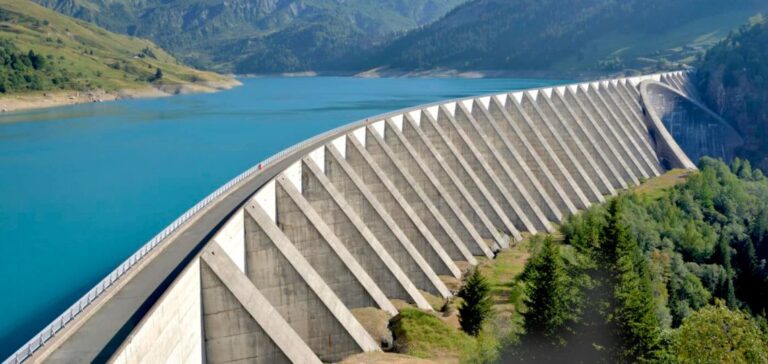The legal framework governing the operation of hydroelectric dams in France has been at a standstill for over twenty years, according to a report published by two Members of Parliament, Marie-Noëlle Battistel (Socialist Party) and Philippe Bolo (Democratic Movement). The MPs state that this blockage severely hinders the investment needed to modernise a fleet that accounted for 13.92% of French electricity production in 2024, amounting to 74.7 terawatt-hours (TWh).
An ongoing dispute with the European Commission
France is subject to two infringement procedures launched by the European Commission in 2015 and 2019. These procedures mainly target the dominant position of Électricité de France (EDF), which holds 70% of installed hydroelectric capacity, and the failure to open expired concessions to competitive tender. As of 31 December 2025, 61 of the country’s 340 concessions will have expired. These concessions account for around 90% of the national hydroelectric capacity.
Other major concession holders include Compagnie nationale du Rhône (CNR) with 25% and Société hydroélectrique du Midi (SHEM) with 3%. About 70 small operators, mostly private, manage the remaining 750 megawatts. The MPs argue that uncertainty over the future of these concessions prevents operators from planning investments beyond those stipulated in their contractual obligations.
Shifting towards an authorisation regime
To resolve this impasse, the rapporteurs propose shifting from the current concession system to an authorisation regime, which already applies to around 2,300 installations of less than 4.5 megawatts. Such a transition would remove hydroelectric facilities from the European Union’s competitive tender requirements. In parallel, they suggest formally classifying dams as public infrastructure in legislation, similar to the status of airports.
The MPs also advocate for a revision of the European “concessions” directive to explicitly exclude hydroelectric activities. However, they acknowledge that this legislative change at the EU level would take at least five years to be adopted and implemented.
Rejection of an Arenh-type mechanism for hydropower
To avoid any reclassification that could be seen as privatisation, the MPs oppose the implementation of a mechanism similar to the Regulated Access to Historic Nuclear Electricity (Arenh) in the hydroelectric sector. According to their statement, the goal is to avoid repeating issues observed in the nuclear domain. They nevertheless acknowledge that additional measures, such as regulated delivery of electricity volumes to third parties, would need to be explored to meet EU legal requirements.
“The country has been stuck in a dispute with the European Commission for more than twenty years,” the rapporteurs noted, stressing the urgency of reforming the regime to ensure the sustainability of the hydroelectric fleet.






















